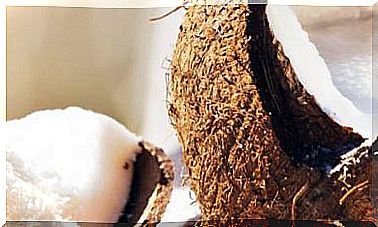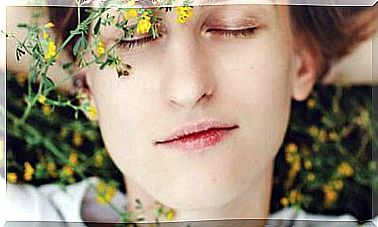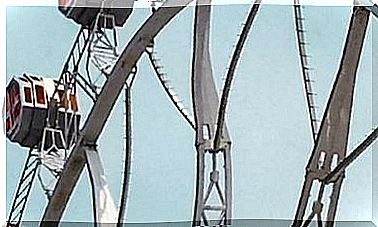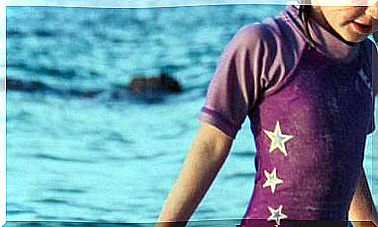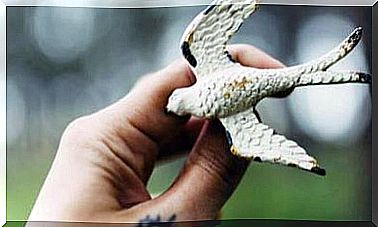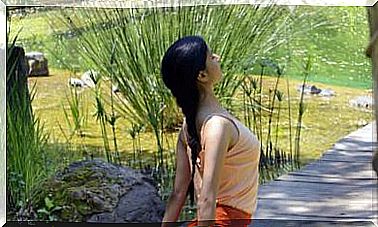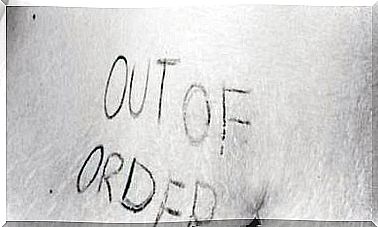The Invisible Treasure
Our greatest inheritance, true fortune, cannot be discovered with the same eyes that value what we accumulate throughout life.
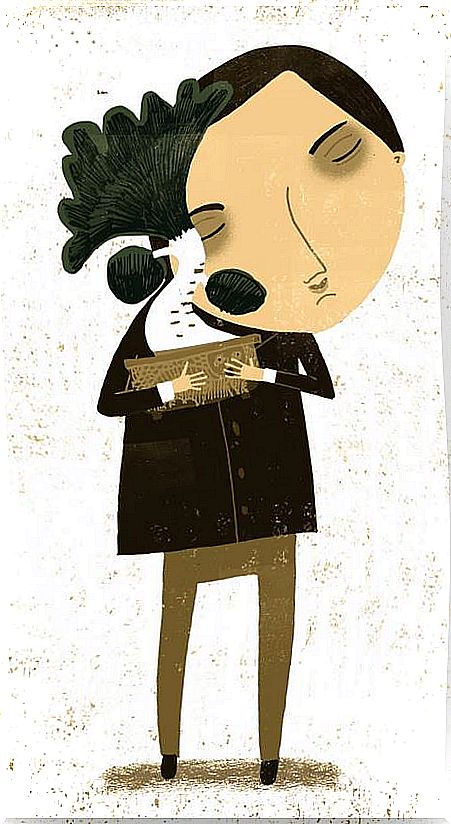
Miguel had received the news with a strange mixture of unreality and calm. “I regret to inform you that your mother has died.” Perhaps because he lived thousands of miles from what had been his home, when he heard the answering machine two days later — too late to go to the funeral — he had been unable to react.
After sending money to cover his funeral expenses, he lived the next few weeks in great amazement. He had no siblings, nor any direct relatives in his hometown. A generous amount had been credited to her mother’s account each month, and she had never forgotten to call her on her birthday and for Christmas. Apart from that, he felt his country so far away that even that loss had resonated with him like the echo of another world.
Until, twenty days later, the phone rang and the monotonous voice of a farm manager announced:
—No matter how far you live, you must go to the home of the deceased, since the owner wants to put the apartment back up for rent.
“I’ve already settled all the bills,” Miguel answered irritably, “so you can …
” The house has to be left empty, ” the administrator interrupted him. Everything is just as his mother left it on the day of his admission to the hospital. Don’t you want to get your valuables back before we empty the apartment? Even if you bear the expense, that is something that no company can do for you.
“Okay,” he answered hotly. I will take care of everything so that the owner can have his apartment as soon as possible.
Forty-eight hours later, Miguel landed in a city laden with bits and pieces of his childhood and adolescence. A job opportunity had served him, after finishing university, to put land –and sea– in the middle. He had only returned three times since then, the last to celebrate his mother’s 70th birthday. And a decade had passed since then.
After collecting the keys at the administrator’s office, Miguel took a taxi and began to feel anxious on his way to that familiar destination. Why hadn’t she called her mother more often? What would it have cost her to travel once a year so that, in her old age, she could feel the warmth of her son? He had been selfish and ungrateful.
As he rode the old elevator to the estate, he found himself unable to cope with everything accumulated for more than half a century by his mother, who had become a widow shortly after he was born. What were the objects with sentimental value and why? How would he be able to get rid of things that she had loved?
The key squeaked in the lock before Miguel, who was about to have a panic attack, pushed open the door. What he saw on the other side amazed him. There was nothing. His gaze swept over the old-fashioned furniture – he wasn’t going to take it – but the shelves were empty, as were the drawers and cabinets in every room. Only a small photograph in its frame stood out on the deserted dining room wall.
Miguel released from the glass a snapshot taken on the beach when he was five years old. Fresh out of the water, the photo showed his mother protecting her scrawny body with a towel. He kept it carefully in his wallet, since that portrait contained his mother’s unconditional love.
Just to rescue that photo had already been worth the trip that an inept administrator had made him do without knowing that the apartment was empty, he thought. About to leave the house, he noticed something white on the dining room table. It was a sheet of paper written in his mother’s handwriting.
Dear son:
When you read this note, I will no longer be here. I’ve known for a long time that this is over, that’s why I’ve been getting rid of everything. As the Hindus say, “one only possesses that which cannot be carried away in a shipwreck”. Things are just that: things, and if they meant something to someone, meaning is lost when the person is gone. I have been very happy knowing that you were fending for yourself on the other side of the ocean. I have no other inheritance to leave you than the one I have already given you: the freedom to live your own life, not that of others. It is a treasure that cannot be seen, but that is worth more than all the riches in the world. Take your freedom, son, and invest it in a life worth living.
Miguel read the farewell with tears in his eyes. Then he folded the note carefully and put it in his wallet along with the photograph. As he left, he remembered the phrase of Antoine de Saint-Exupéry, who had said that the essential is invisible to the eyes. Until then, he had not been aware of the gift his mother had given him, silently watching his footsteps in distant lands.
He decided that from now on he would use that freedom to lead a life to be proud of. He had made mistakes, but this parting was the start of something new. Unlike the stories, you had to start at the end.
